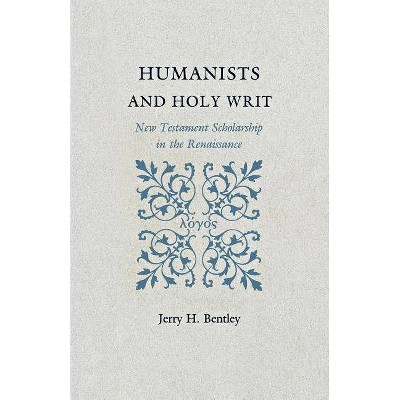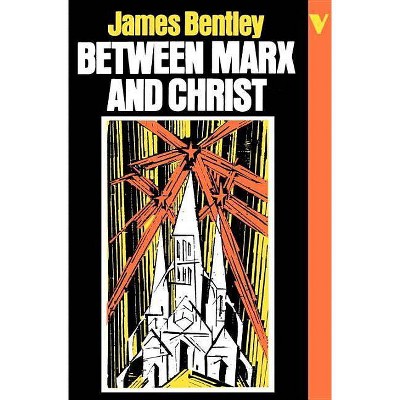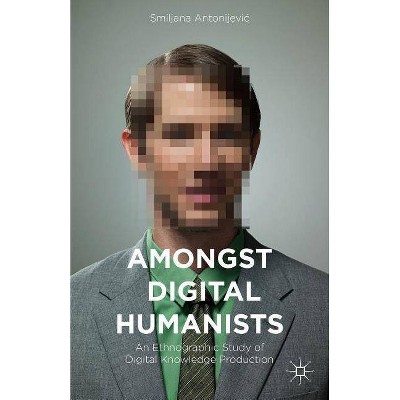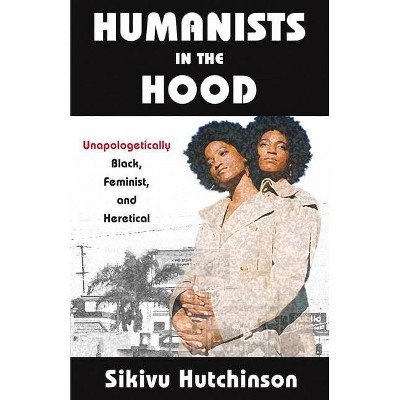Humanists and Holy Writ - by Jerry H Bentley (Paperback)

Similar Products
Products of same category from the store
AllProduct info
<p/><br></br><p><b> Book Synopsis </b></p></br></br><p>Focusing on the work of Lorenzo Valla, the Spanish Complutensian scholars, and Erasmus of Rotterdam, this book examines the New Testament studies of the Renaissance humanists rather than their more frequently studied religious, moral, and political thought. Jerry H. Bentley shows that the humanists brought about a thorough reorientation in the Western tradition of New Testament studies. He finds that the humanists' methods both anticipated and influenced later New Testament scholarship. <p/> The humanists rejected the medieval practice of studying the New Testament only in Latin translation and interpreting it in accordance with preconceived theological criteria. Instead, they insisted that New Testament studies be based on the original Greek text, and they employed linguistic, historical, and philological criteria in explaining the scriptures. This study rests on an analysis of the New Testament manuscripts that the humanists consulted and of the New Testament editions, translations, annotations, an commentaries that they prepared.</p><p/><br></br><p><b> From the Back Cover </b></p></br></br><p>"An innovative approach. Bentley succeeds admirably in showing how the efforts of humanist scholars to establish the best possible text for the Latin and Greek New Testaments helped to lay the groundwork for the modern canons of philology and scholarship in general."<b>--William A. Christian, Jr.</b></p><p/><br></br><p><b> Review Quotes </b></p></br></br><br>Jerry Bentley's case study . . . demonstrates the seriousness and originality of Humanist scholarship. His introduction builds from the <i>Postillae</i> of Nicholas of Lyra a sympathetic account of late medieval biblical scholarship. The four solid chapters that follow examine the ways in which Lorenzo Valla, the editors of the Complutensian Polyglot, Erasmus, and Erasmus's critics attacked the text of the Greek New Testament. Bentley shows exactly how difficult and dangerous it was 'to set aside the medieval tradition of New Testament study and replace it with a brand of scholarship that aimed to recover or reconstruct the assumptions, values, and doctrines not of the Middle Ages, but of the earliest Christians' (p.31).<b>---Anthony Grafton, <i>Speculum</i></b><br><br>This important book is more than its broad title and more specific subtile suggest. It is, of course a treatment of New Testament scholarship in the Renaissance, but in very large part it is both a description and an analysis of the beginnings of modern New Testament philological studies and especially of New Testament textural criticism.<b>---Eldon Jay Epp, <i>Journal of Biblical Literature</i></b><br><p/><br></br><p><b> About the Author </b></p></br></br><b>Jerry H. Bentley</b> is the Director at the Center for World History at the University of Hawaii, Manoa and founding editor of the Journal of World History. His research interests include the cultural history of early modern Europe and the cross-cultural interactions in world history.
Price History
Price Archive shows prices from various stores, lets you see history and find the cheapest. There is no actual sale on the website. For all support, inquiry and suggestion messagescommunication@pricearchive.us




















